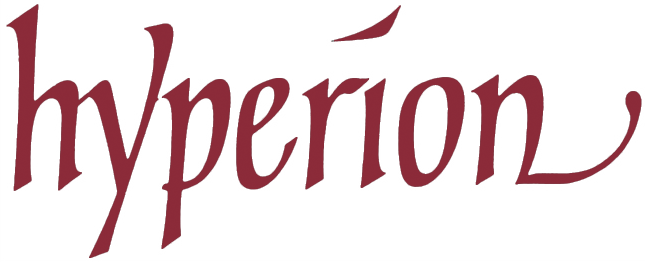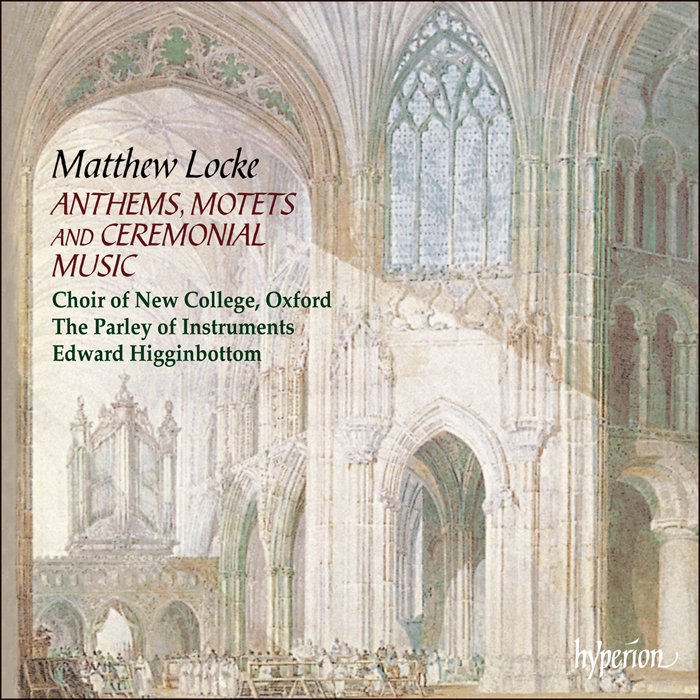Locke: Anthems, Motets and Ceremonial Music
New College Choir Oxford, The Parley of Instruments, Edward Higginbottom (conductor)
CDA66373
Matthew Locke was born in 1621 or 1622, in Devon, and received his musical training at Exeter cathedral, where he was a chorister. Not much is known of his career during the Civil War. He was certainly in the Netherlands in 1648, when he copied a collection of Italian motets, and he had probably returned to England by 1651, when he composed his earliest collection of consort music, The Little Consort, for a friend in Exeter. He evidently spent most of the 1650s in London, where he wrote music for several of William Davenant’s dramatic entertainments, including The Siege of Rhodes of 1656, often thought of as the first English opera. In 1660, when Charles II was restored to the throne and the court was reassembled, Matthew Locke effectively assumed the position of England’s leading composer, for most of his senior colleagues, such as Henry Lawes, Nicholas Lanier and John Jenkins, were too old to take an active part in the court’s musical affairs. For the next quarter of a century Locke divided his time between writing music for the royal orchestra, the Twenty-four Violins, supervising chamber music in the private royal apartments, playing the organ in the Catholic chapel of Charles II’s Portuguese queen, Catherine of Braganza (Locke was himself a Catholic), and writing music for Davenant’s London theatre company. He died in the summer of 1677, and was commemorated in an eloquent elegy by his young friend and probable pupil, Henry Purcell.

